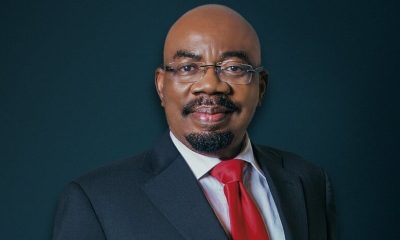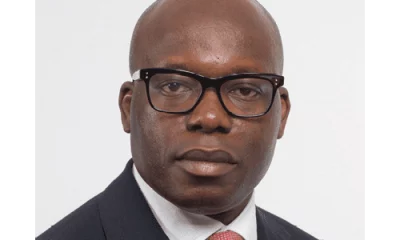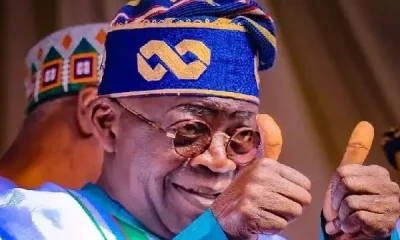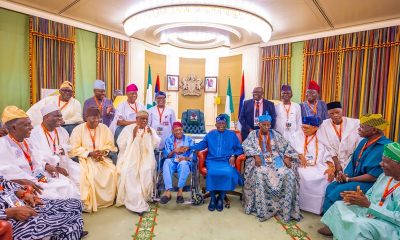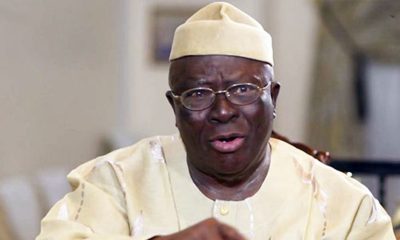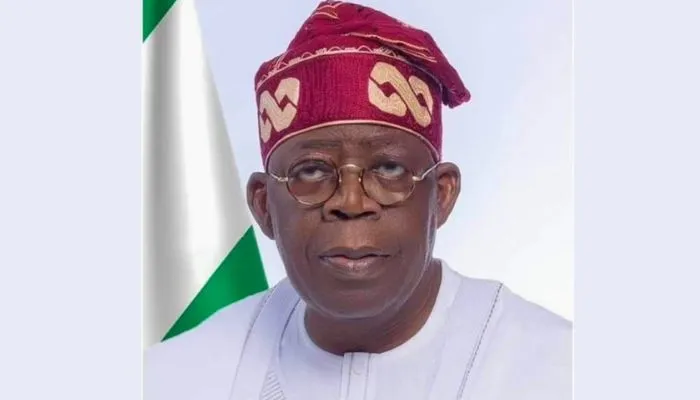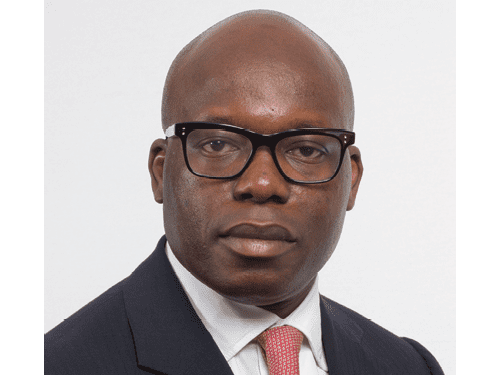… as shareholders applaud Wale Tinubu-led management
Oando plc on Tuesday, August 31, 2021, successfully concluded its long-awaited 42nd Annual General Meeting (AGM), which held at the Wings Office Complex, Victoria Island, Lagos.
The company’s AGM comes in the wake of an out-of-court settlement with the Securities and Exchange Commission (SEC) who had earlier suspended the company’s AGM in 2019. And in line with COVID restrictions on large gatherings, shareholders were represented by proxies of their various associations at the AGM.
Leaders of the various shareholders and proxies, including Engr. Patrick Ajudua, Alhaji Kabiru Tambari and Boniface Okezie, were united in their support for the company and applauded the management team for resolving its dispute with the regulatory body, thereby enabling them gain oversight into the company’s activities.
They were unanimous in encouraging the management to keep up the good work and focus on creating value for shareholders.
In his address and response to shareholders’ observations and inquiries by those physically present and those who participated through live streaming, the Chief Executive, Jubril Adewale Tinubu, commented on the financials and quarterlies pending release and publishing since 2018.
He stated that the publishing of three quarterly results in 2019 was underway, but was eventually suspended due to the fact that under the SEC regulations, quarterlies cannot be published in the absence of an audited base.
He further assured that over the next six months, there would be rapid disclosure information, as the company would be rounding off with the audit and release of the financials from 2019 to 2020, after which the company will be prepared and ready to be compliant by June of 2022 to provide 2021 financials as at when due.
He stated that, upon the approval of “the 2019 financials, the quarterlies will be released immediately, the audits will be completed and the notice for the 2020 financials to be done will be published, so that the quarterlies for 2020 can be released.”
Other resolutions passed at the AGM include the re-election of directors, the election of members of the audit committee and the approval of non-executive directors’ remuneration.
Three (3) directors were re-elected by shareholders present and through proxy, including HRM Oba M.A. Gbadebo. The annual remuneration of the Chairman was fixed at N5 million, while for other non-executive directors, it was fixed at N4 million.
A resolution was also passed to give directors the mandate to authorize transactions with related parties and interested persons. In addition, Ernst and Young was re-appointed as auditors of the company.
In his own address at the AGM, Patrick Ajudua said: “I thank the management of Oando for remaining resilient during the trying period. They worked tirelessly to see us through these issues. It is in light of this that we, the shareholders, are delighted and supportive of the management.”
All resolutions passed at the AGM were approved, including the re-appointment of Ernst and Young as auditors, the Directors were authorized to fix the auditors remuneration; election of Dr. Ainojie Irune to the Board of Directors; re-election of HRM M.A. Gbadebo (CFR), Mr. Olufemi Adeyemo and Mr. Tanimu Yakubu as Directors; election of audit committee members, and approval of the remuneration of non-Executive Directors.
One topic that resonated with all shareholders at the meeting was the need for dividends in the near future. Speaking on this, Mr. Sunny Nwosu, an Oando shareholder, said: “The best thing that would happen to us following the resolution of the SEC dispute is to declare a dividend for shareholders. It will be in the interest of shareholders if this is brought up at the next AGM.”
In his response to shareholders’ comments, Adewale Tinubu, the GCE, Oando PLC, said; “Teamwork, Respect, Integrity, Passion and Professionalism are things (core values) we take seriously. Our ethos as a corporation has been driven by these values, and the company has evolved and succeeded year after year. The ultimate test of our capacity to be sustainable is having challenges.
“We’re ready to face them and deal with them when they come; ready to ensure that we apply these same principles and maxims in dispute resolution. We appreciate everyone who played an active role in enabling us to reach a resolution with the SEC.”
He assured the shareholders of management’s commitment towards creating value for and protecting the interest of all shareholders.

 News3 years ago
News3 years ago
 Entertainment2 years ago
Entertainment2 years ago
 News3 years ago
News3 years ago
 Privacy3 years ago
Privacy3 years ago
 Sports2 years ago
Sports2 years ago
 Entertainment2 years ago
Entertainment2 years ago
 News3 years ago
News3 years ago
 Opinion3 years ago
Opinion3 years ago

